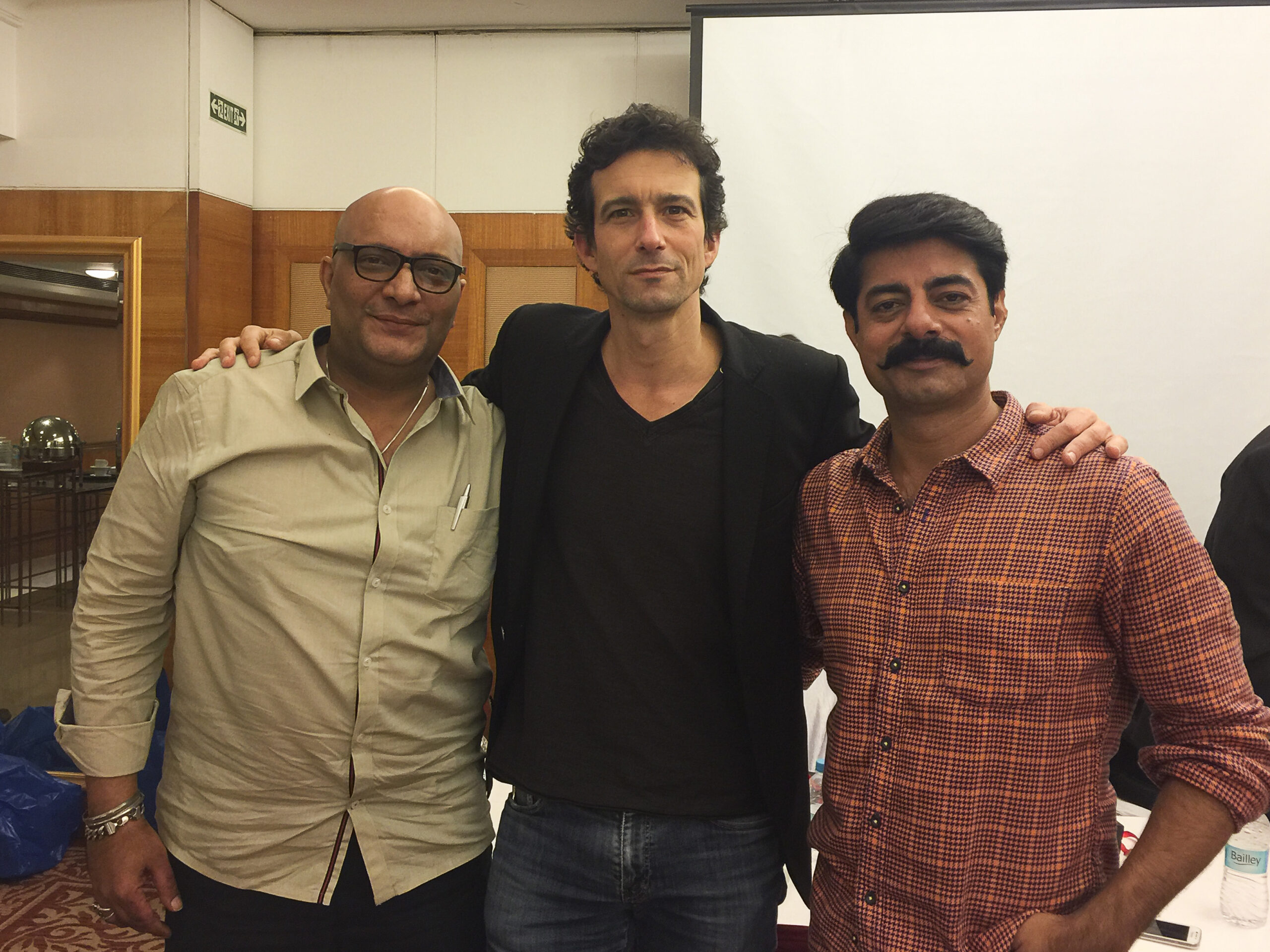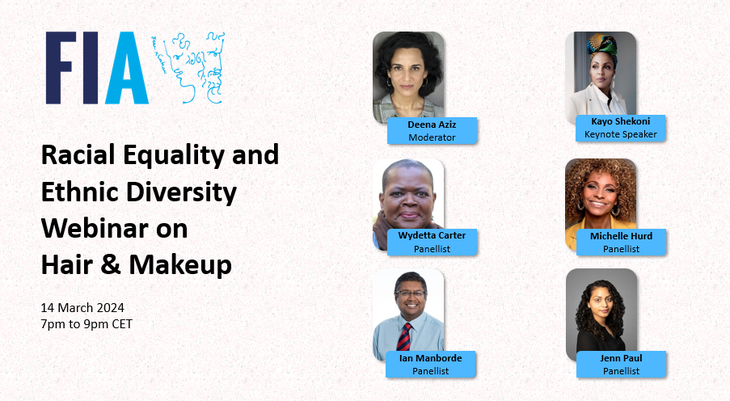FIA has been actively promoting proper health and safety standards in the burgeoning Mumbai film and television industry for some time now. Despite being the biggest one-country audiovisual producer in the world, India ranks worryingly low when it comes to protecting the lives of performers and making sure they can start their day without fearing it may well be their last. Hardly a day goes by without the media reporting a new accident on set, many of which could be avoided with better regulation and proper enforcement.
In the performer community, stunt artists are especially vulnerable: with families to feed and an utterly unregulated work environment where anyone seeming "fit enough" can compete for your job, they are made to take insane, and all-too-often fatal, risks. Drowning, crashing or plunging to death are commonplace accidents on sets and, with parents unable to offer them a different professional future, children often end up doing the same as they grow older. Actors on TV series barely have time to rehearse and are handed scripts only minutes before going on-camera, with scribbled last-minute changes to learn with no time. So extreme is the pressure that they work on the verge of exhaustion. After gruelling 17-hour shifts, they still have to travel long distances to get home and barely make it there before they must leave again. As crewmembers also relentlessly burn the midnight oil, their security on set is also flawed. Such is the level of sloppiness in the industry that breaking a coconut to the gods before an intensive shooting sequence is sometimes considered good enough.
Voice-over actors have to be permanently on call, their assignments dispatched by text messages on their smartphones less than one hour before work. Overcrowded, shoebox post-production studios either lack air conditioning or keep everyone freezing. Voices get croaky, breathing gets difficult, dizziness and fainting are commonplace. Food is terrible and artists must often provide for themselves, from nearby vendors preparing meals on the pavement amidst the constant traffic. The working conditions of crewmembers are even worse, most of them living in poverty and, with a high rate of illiteracy, feeling utterly expendable.
One would think that, with multinationals flocking to the country to produce new content and feed on a billion-strong audience bonanza, things would improve. After all, these corporations are used to producing in highly regulated environments and, as they take their business very seriously, one would expect them to want to lift safety and security standards upwards. However, as long as it continues to be cheaper to replace labour than to invest in health and safety, things are not likely to change. Nor they are likely to improve, as long as film and television workers in India remain isolated from the rest of the world.
FIA has undertaken to try and break that vicious circle. By helping film and television workers’ unions put together a basic health and safety code focusing on the most compelling needs – e.g. working hours and turnaround, fire and electrical safety, access to decent sanitary facilities and medical assistance – we have managed to shake-up the rather tolerant attitude towards low standards and raise awareness about the need to take security very seriously. FIA is now monitoring progress and counselling unions in Mumbai as to how they can best promote the code and engage in constructive dialogue with employers to get these provisions implemented. Changing attitudes always requires time and perseverance but the wheels appear to be finally turning in the right direction.
FIA has also welcomed the Cine and TV Artistes’ Association (CINTAA) to its global union network and is looking forward to building a strong relationship with them in the immediate future. As part of its commitment to tackling dual standards by multinationals in our sector, we have reached out to sister federations UNI MEI and FIM to establish a joint taskforce, which will endeavour to promote Global Framework Agreements and a commitment to core labour and human rights at multinational level and throughout the entire value chain.





